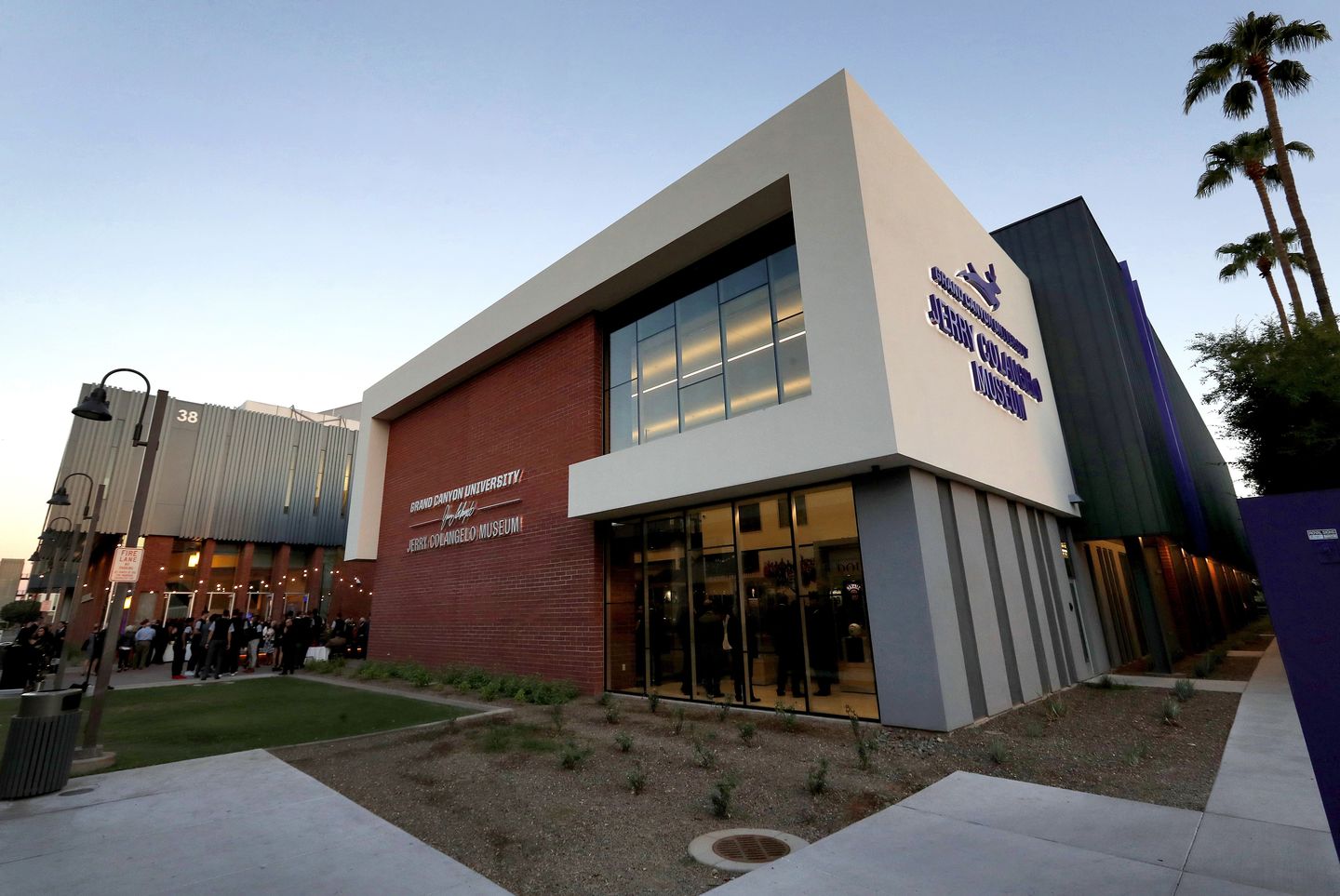
The Federal Trade Commission has dropped a lawsuit against Grand Canyon University, ending the last of several Biden administration probes that accused the Christian campus of deceiving students about doctoral program costs.
The agency’s three sitting members, all Republicans, voted unanimously Friday not to appeal a March ruling from the U.S. District Court of Arizona that dismissed the case on procedural grounds.
“We view it as imprudent to continue expending Commission resources on a lost cause,” FTC Chairman Andrew N. Ferguson said in a statement. “Because we have a duty to maximize consumers’ return on their tax-dollars investment, we have decided against pursuing this matter any further.”
Grand Canyon University President Brian Mueller applauded the vote in a statement.
“As we have stated from the beginning, not only were these accusations false, but the opposite is true,” Mr. Mueller said Friday night. “We go above and beyond what is required in our disclosures and are recognized as a leader in this area.”
The Biden Education Department accused the Phoenix campus in November 2023 of behaving as a predatory for-profit institution and ordered it to pay a record $37.7 million fine.
The department claimed that tuition ran $10,000 to $12,000 higher than the advertised $40,000 to $49,000 for 78% of doctoral graduates who were required to take “continuation courses” — a common requirement for university students writing dissertations after finishing their coursework.
Building on the fine, the FTC filed its lawsuit in December 2023. That complaint accused the school of using misleading advertising and telemarketing to falsely present itself as nonprofit and suggest that programs cost less than they did.
At the end of December 2023, Grand Canyon received word that the Department of Veterans Affairs had launched a separate financial audit.
University officials claimed that the Biden administration retaliated against them for filing an unsuccessful 2021 lawsuit against the Education Department’s rejection of their state-recognized switch to nonprofit status.
Founded in 1949, Grand Canyon became a for-profit campus in 2004 as it struggled to pay its bills. Enrollment and revenues jumped after the change, leading the school in 2019 to revert to nonprofit.
This past spring, the school graduated a record-high 31,104 students, including 25,435 online learners and 5,669 who took classes on campus.
Multiple federal courts and regulatory agencies sided with Grand Canyon before and after President Trump returned to office in January.
The Department of Veterans Affairs’ Arizona State Approving Agency issued a March 2024 report that found “no substantiated findings” of wrongdoing in their review of GCU records, ending that investigation.
In November 2024, a three-judge panel of the 9th U.S. Circuit Court of Appeals ruled unanimously that the Education Department improperly rejected the switch from private to nonprofit status.
In its March ruling, the U.S. District Court of Arizona upheld the school’s change in status and accused the FTC of overreaching for broad authority over nonprofits.
Finally, the Trump Education Department revoked the $37.7 million fine in May.
On Friday, the FTC noted that the IRS had also confirmed Grand Canyon’s nonprofit status, ending any basis to accuse the institution of predatory practices.
Grand Canyon officials said the Biden administration investigations, which did not cite any student complaints, reflected a “coordinated campaign” to hurt Christian universities that compete with public colleges for students.
“This was not about protecting students and went well beyond normal regulatory activity,” said Mr. Mueller, the university’s president. “The language used by these officials, the record fines they sought, and the baseless accusations they made all point to a broader ideological agenda.”











